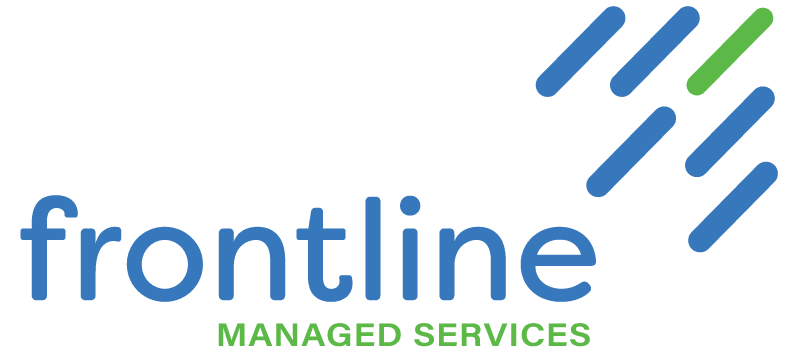The Future of Legal Operations: Meeting the Demands of a New Generation of Law Firm Leaders
A conversation with CEO Seelin Naidoo & VP Michael Glasser
As law firms navigate a fast-evolving industry landscape, one trend is reshaping the future a generational shift in leadership and expectations. Today’s 40-year-old attorneys are stepping into roles as managing partners, while veteran leaders in their 60s prepare for retirement. This shift is not just about age—it’s about how different generations work, communicate, and engage with technology.
The Generational Divide: Why It Matters in Legal Operations
Law firm operations are at a critical crossroads. On one side are seasoned partners who built their practices without laptops or mobile devices. On the other are digital-native leaders who expect seamless, technology-driven solutions.
“You can’t service both demographic segments the same way,” says Seelin, CEO of Frontline Managed Services , a leading provider of legal operations and revenue management solutions. “A 40-year-old grew up with an iPhone in their pocket. A 60-year-old didn’t have a laptop in college. Their expectations are fundamentally different.” And yet, many firms remain focused on the needs of today, without preparing for the demands of tomorrow.
Why Digital Transformation Must Start Now
When asked what law firms are doing to prepare for this shift, Seelin is blunt: “To a large extent—not very much.” Many legal organizations are reactive, not proactive, when it comes to technology investment. But the firms that succeed in the next decade will be the ones that take action now. That’s where Frontline helps firms stands out.
“We’ve built our business around anticipating change,” says Seelin. “We don’t wait for the market to push us. We invest early, and we build the infrastructure our clients will need before they realize they need it.”
A Platform Built for the Future of Legal Services
Years ago, Frontline adopted the ServiceNow platform—not because clients were asking for it then, but because the leadership saw where the market was headed. That decision has positioned Frontline to lead in automation, workflow optimization, and scalable service delivery for law firms.
“We knew we needed a platform that could grow and evolve with our clients,” says Seelin. “We haven’t been wrong yet about where the industry is going—and we don’t plan to be.” The result? Frontline isn’t just following legal tech trends—they’re creating them.
Creating Enterprise Value—for Frontline and for Clients
In early 2025, Frontline announced a new partnership with private equity firm Broad Sky Partners. The transition comes after a successful run with previous sponsor BV and marks a new chapter in Frontline’s growth strategy. “Our new investors didn’t just invest in our numbers,” Seelin explains. “They invested in our leadership, our performance, and our commitment to client success.”
While this partnership may not change day-to-day operations for clients, it unlocks major opportunities behind the scenes. It enables Frontline to continue investing in AI, platform innovation, and strategic acquisitions—creating long-term enterprise value not just for the company, but for its clients as well. “As we grow Frontline, we’re expanding what we can do for law firms—making them more efficient, more profitable, and better prepared for what’s next,” says Seelin.
Why Retention and Client Experience Still Matter Most
Behind all the strategy and investment is a relentless focus on client satisfaction. “You don’t build enterprise value unless you retain clients,” says Seelin. “Our Net Promoter Score is in the 90s. That doesn’t happen without putting customer service at the forefront of everything we do.”
What Law Firms Should Be Asking Right Now
Seelin leaves law firm leaders with a challenge: “What are you doing today to meet the needs of your 40-year-old partners?” This was already addressed in the beginning. Without the right platforms, the right people, and the right partners, many firms risk falling behind. And catching up later will be far more difficult and costly.
“The future of law firm operations looks very different from the past. You need a strategy and infrastructure that supports that future,” says Seelin. “And if you don’t have that in place today, you need to find a partner who does.”
Check out the full conversation:

